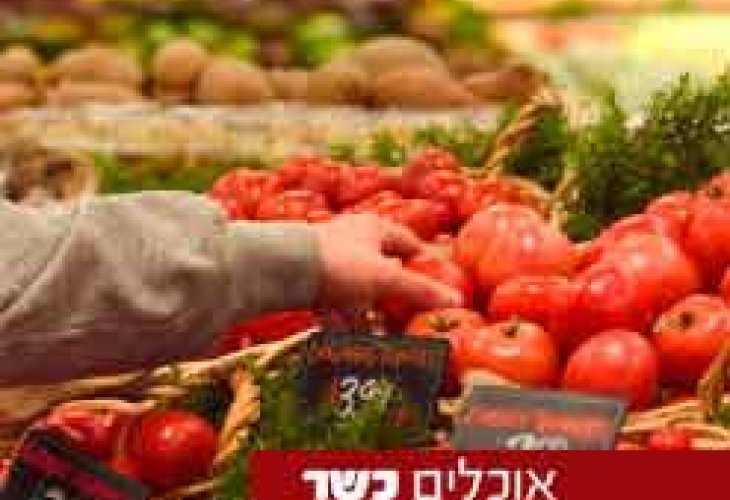Frequently Asked Questions About Tithes and Offerings
Do you need to separate tithes from prickly pears purchased roadside? What to do with mint and sage? And which spices are commonly imported from abroad?

To conclude the topic of separating tithes and offerings, we've collected frequently asked questions on these subjects:
Do I need to separate tithes from prickly pears I bought from an Arab vendor by the roadside?
Prickly pears with thorns typically grow as hedges around various compounds, and the fruits growing on them are considered ownerless and available to all. Similarly, these prickly pears grow wild on rocky terrain or in non-Jewish owned plots, and youths pick them from these ownerless areas to sell by the roadside. In most cases, as mentioned, these fruits originate either from ownerless land, non-Jewish owned land, or both together. In such cases, the fruits are permitted for consumption without concern for orlah (forbidden fruit from young trees), and there is no need to separate tithes and offerings.
Thornless prickly pears come from organized cultivation, where the concern for orlah is very high if the area is not properly supervised [the leaves, when they fall, take root in the soil and produce fruit after about two years, and for this leaf that has taken root and become a plant, orlah years must be counted anew]. There is also an obligation to separate tithes and offerings from this produce according to law. Therefore, due to the high concern for orlah, one should avoid purchasing this thornless variety of prickly pears sold by the roadside.
I buy fruits at the market. I asked the seller and he told me the fruits are tithed. Can I believe him or should I separate tithes anyway?
Although there is halachic room to discuss whether the business owner is trustworthy, particularly regarding tithes (since he knows that even if it's not tithed, you'll still buy from him because you'll tithe it at home), unfortunately, the concept of 'tithed' or 'untithed' is often unclear even to merchants. Especially since this is not something that falls under their responsibility, because if you need his testimony, it's likely that the place has no kosher certification. So why would this merchant seek out a wholesaler in the market who sells tithed produce when he has no need for it? Furthermore, since it's not his responsibility, he doesn't know whether he bought from a store in the wholesale market where they tithe, or from a store without kosher supervision.
Additionally, in open markets that sell directly to consumers, farmers often market directly to these locations, and here the concern is of definite tevel (untithed produce). Sometimes there's a mixture of obligated and exempt produce, as the market store owner buys part from the wholesale market with kosher certification and part receives from farmers. All this applies to vegetables, while with fruits the concern is even more problematic, since most wholesale markets in Israel and large chains are closed to marketing produce that is not approved for orlah, and farmers who still market orlah, unfortunately, can only market their produce in open markets that have no kosher certification.
Therefore, in practice, when there is no kosher certification in the place, it is preferable to avoid purchasing agricultural produce there at all, unless there is a kosher certificate in the place. In a situation where there is no alternative, one may purchase vegetables there and tithe them at home without a blessing, as we explained in previous columns.Are there fruits, spices, or nuts that certainly don't require tithing because they don't grow in Israel?
Indeed, there is a variety of agricultural produce that originates from abroad, and I'll mention some of them: various nuts, such as cashews, hazelnuts, walnuts, pistachios, and pecan nuts. Chestnuts, rice, pea grains, pumpkin seeds, mustard seeds, turmeric, ginger, cumin, soy, lentils, dried broad beans, black pepper, white pepper, cinnamon, dried beans, and sesame.
Do I need to separate tithes every time I pick lemon verbena, mint, or sage from my garden, or is once a year enough?
a. Lemon and mint require separating tithes and offerings before eating them (and one should not rely on those who write that there's no need to separate tithes from mint).
b. Sage is exempt - since its kind is not eaten at all, and it's only used for flavor.
c. Tithes and offerings can only be separated from detached produce, not while it's still attached. That is, if you separate tithes and offerings and apply them to fruits while they are still attached to the tree, in practice your separation has no effect at all, and you must tithe properly each time you pick agricultural produce from your garden.

